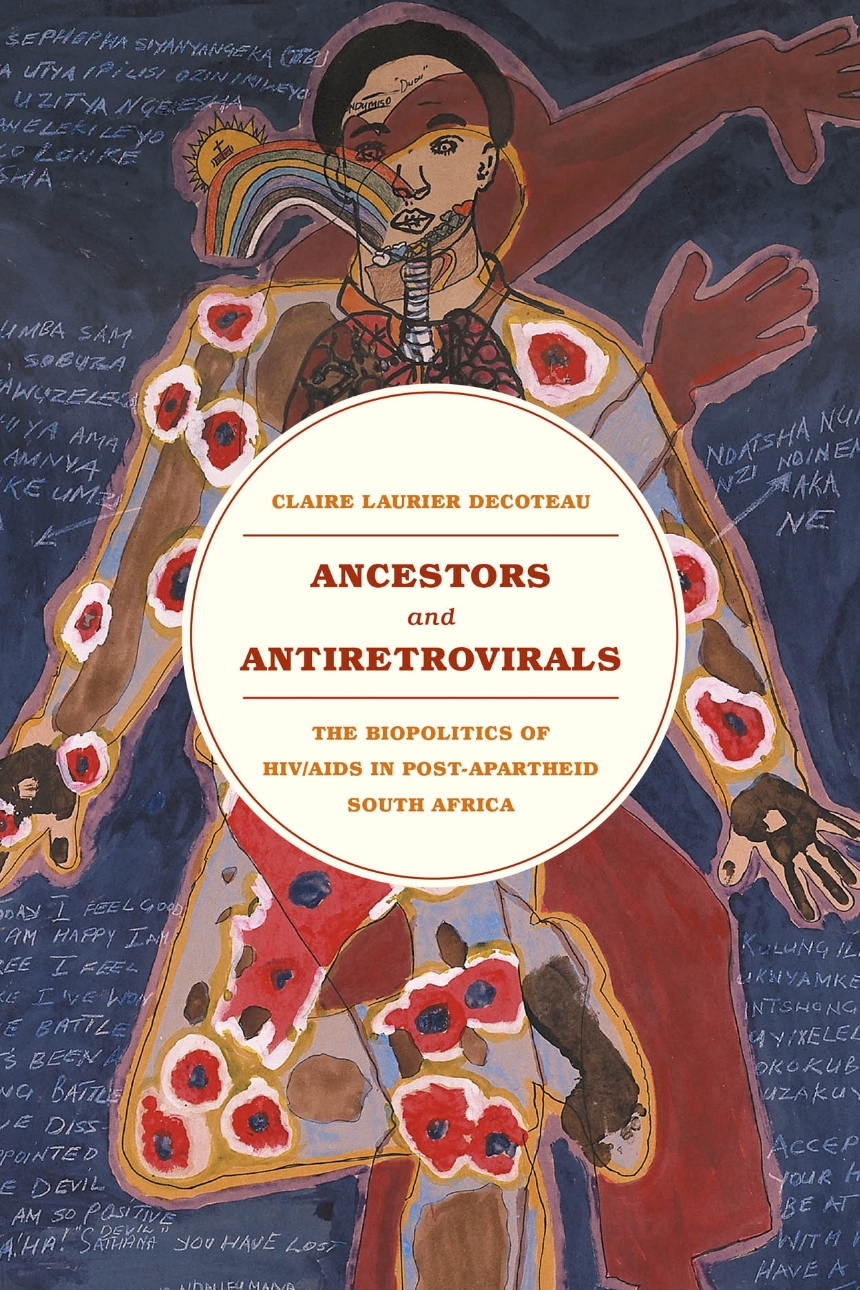Ancestors and Antiretrovirals
The Biopolitics of HIV/AIDS in Post-Apartheid South Africa
Ancestors and Antiretrovirals
The Biopolitics of HIV/AIDS in Post-Apartheid South Africa
In Ancestors and Antiretrovirals, Claire Laurier Decoteau backs up Tutu’s assertion with powerful arguments about how this came to pass. Decoteau traces the historical shifts in health policy after apartheid and describes their effects, detailing, in particular, the changing relationship between biomedical and indigenous health care, both at the national and the local level. Decoteau tells this story from the perspective of those living with and dying from AIDS in Johannesburg’s squatter camps. At the same time, she exposes the complex and often contradictory ways that the South African government has failed to balance the demands of neoliberal capital with the considerable health needs of its population.
344 pages | 27 halftones, 7 tables | 6 x 9 | © 2013
Anthropology: Cultural and Social Anthropology
Geography: Social and Political Geography
Political Science: Public Policy
Sociology: General Sociology, Medical Sociology
Reviews
Awards
ASA Section on Medial Sociology: Eliot Freidson Award
Honorable Mention
ASA Theory Section: Lewis A. Coser Award for Theoretical Agenda Setting
Won
Science, Knowledge, and Technology section, American Sociological Association: Robert K. Merton Award
Honorable Mention
ASA Theory Section: The Theory Book Prize
Honorable Mention
